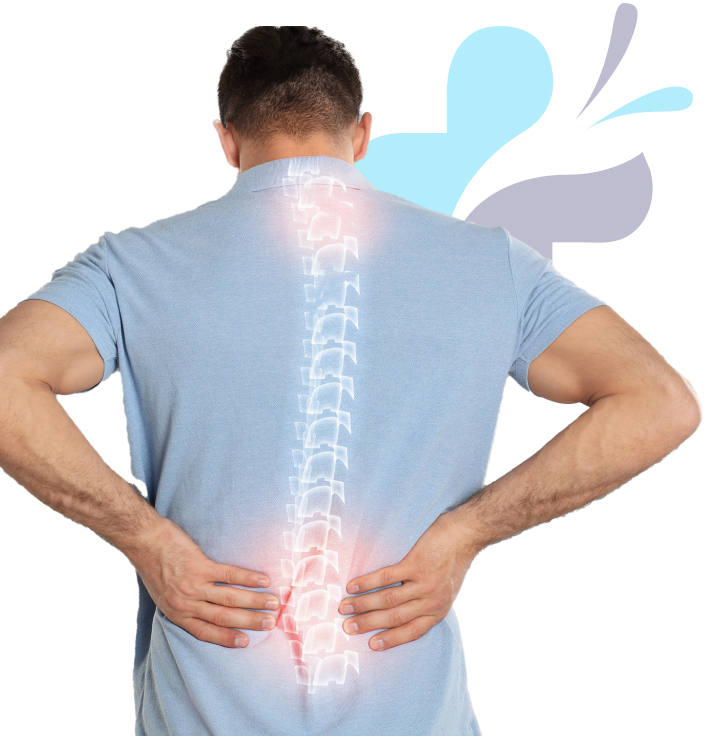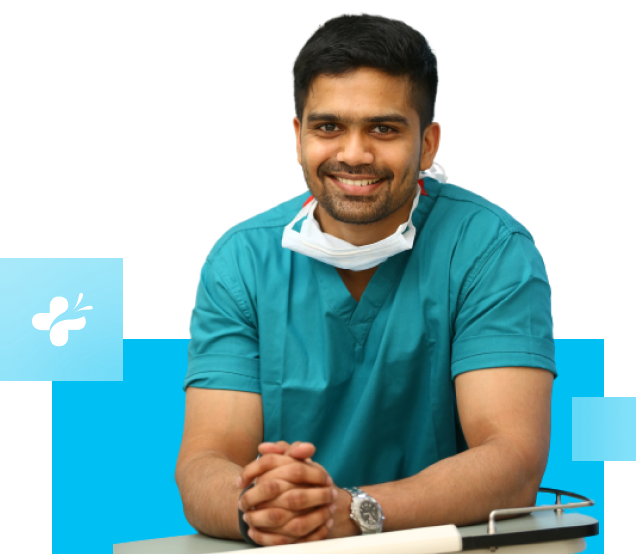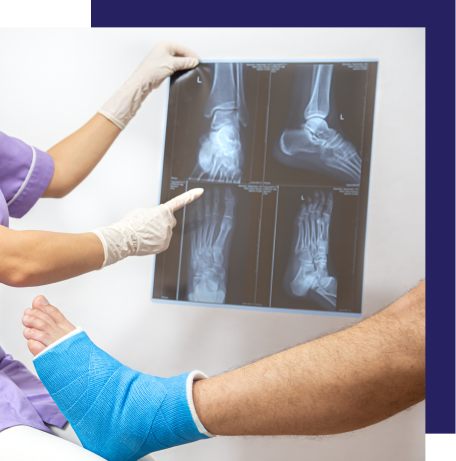Sri Balaji Hospital is the best orthopaedic hospital in Chennai and one of the top destinations for this prime medical speciality. Our orthopaedic experts aim to reduce pain, enhance mobility, and improve self-dependence to restore your normal routine.
The Department of Orthopaedics at Sri Balaji Hospital boasts a remarkable track record of over 3 decades. The department is fully equipped with the brightest minds and the latest medical infrastructure to treat any Orthopaedic condition that affects young and old.
We treat fractures, deformities and sports injuries, arthritis, spine reconstructive and joint replacement procedures, tumours of the musculoskeletal system and trauma. Our team of experienced orthopaedic surgeons offer customised solutions for every patient.



